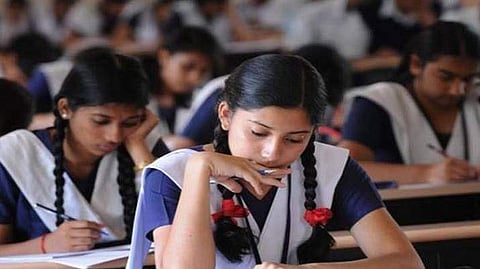

Examinations are formidable even to the best prepared, for the greatest fool may ask more than the wisest man can answer
Charles Caleb Colton (1777-1832), English cleric and writer
Exams, in normal times, gives shivers to many with the foreboding of failure. But exams in the midst of COVID-19, with its trail of death, is a nightmare even for the families. Against this background, it is difficult to understand the insistence of the University Grants Commission (UGC) that all universities that have not yet conducted the final examination must do so before the end of September. But first, the facts excerpted from media reports:
On July 11, Delhi became the latest state to cancel final-year university examinations in defiance of UGC guidelines. Both the Centre and the UGC reiterated that guidelines were legally binding on the states and must be followed. However, with Congress leader Rahul Gandhi calling for the cancellation of exams, several non-BJP ruled states that had already cancelled exams have written to the Centre saying that they did not wish to conduct exams in their states. The UGC and the Union HRD ministry consider the non-compliance of their orders as ‘populist’, ignoring that it is a life or death situation for examinees and their families.
The Delhi High Court on July 8, asked the Centre, the UGC and Delhi University to reply to a plea challenging the guidelines making it mandatory for colleges to conduct final-year examinations by September-end in view of the COVID-19 pandemic. The Court asked them to submit their responses within two weeks and listed the matter for further hearing on August 4. While courts will take their own time with appeals and review petitions, we can learn a lesson from cricket to deal with such situations: The Duckworth–Lewis–Stern method is a mathematical formulation designed to calculate the target score for the team batting second in a limited-overs match interrupted by weather or other circumstances. When overs are lost, setting an adjusted target for the team batting second is not as simple as reducing the run target proportionally to the loss in overs, because a team with ten wickets in hand and 25 overs to bat can play more aggressively than if they had ten wickets and a full 50 overs, for example, and can consequently achieve a higher run rate. The DLS method is an attempt to set a statistically fair target for the second team’s innings, which is the same difficulty as the original target.
If educators were to devise a similar method, they would have the examinee’s educational record available in this computer age. You needn’t play to arrive at a score and you needn’t write an exam, under the hanging sword of Corona, to arrive at your marks.
